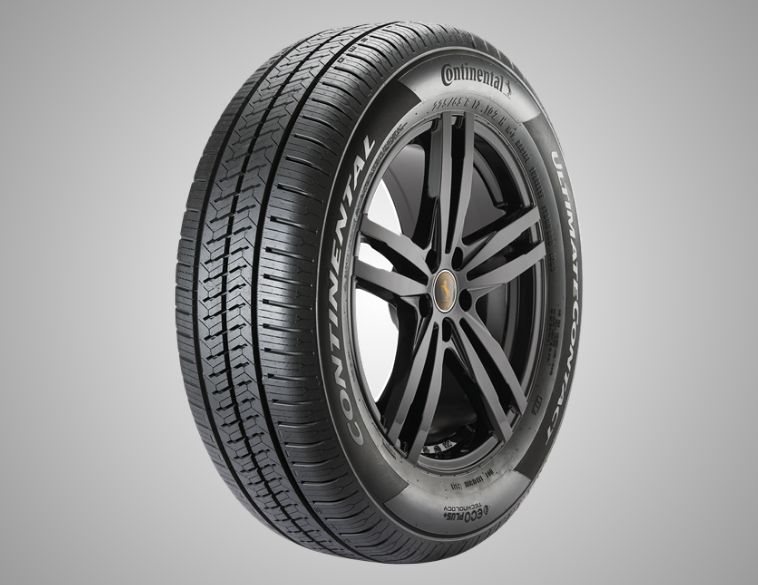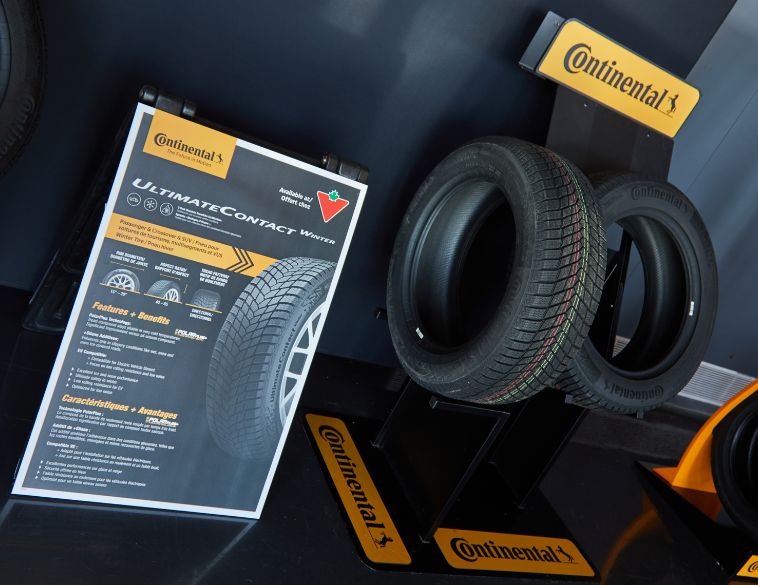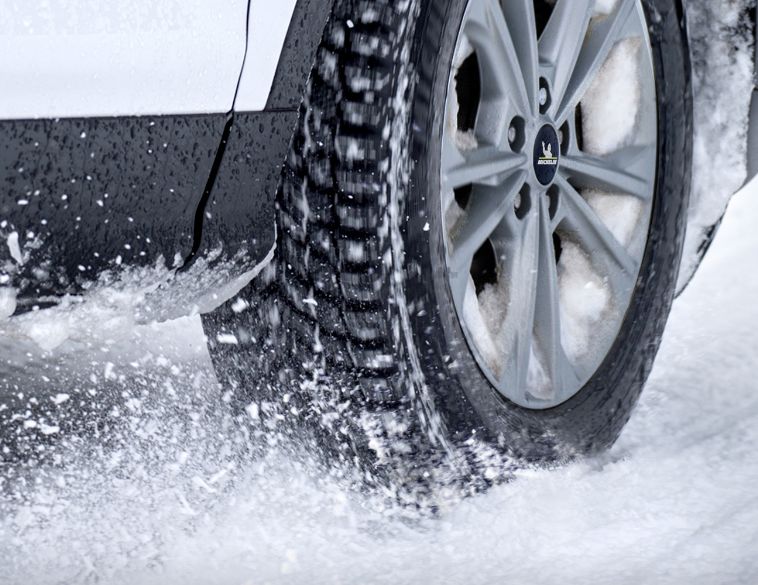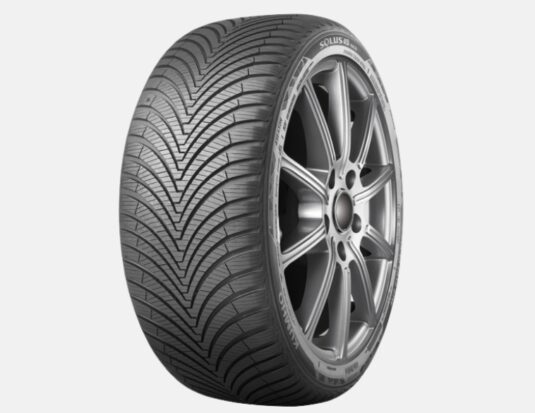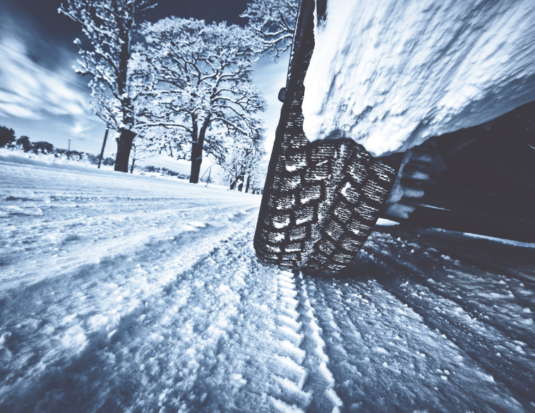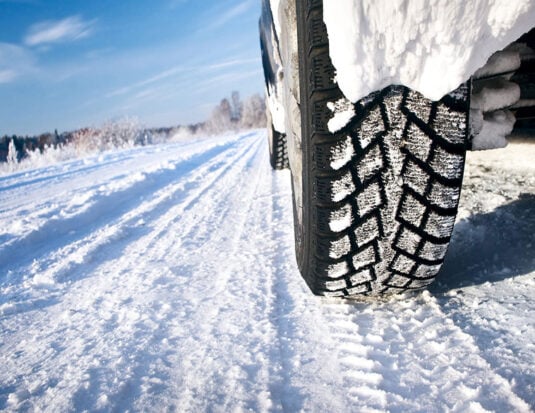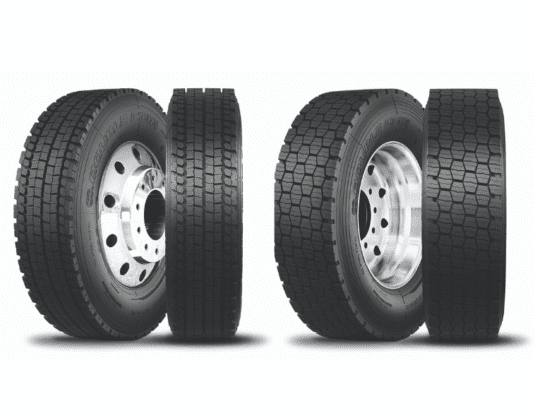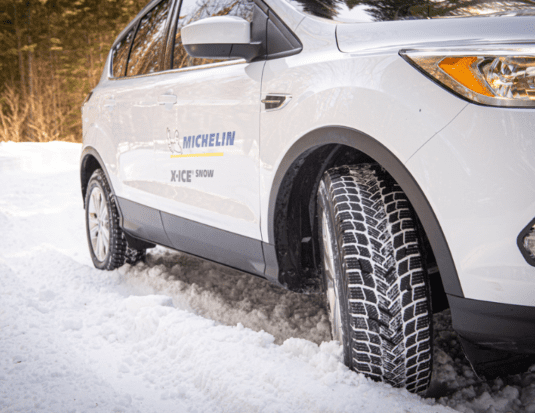Winter tires
As a tire retailer in Canada, winter tires make up a good part of your overall business. Whether you promote your business with an annual winter tires sale or not, the winter tire market brings in new business regularly. In some parts of Canada, drivers have no choice but to invest in a set of tires with the winter tire symbol, also known as the winter tire snowflake symbol on the sidewall (your customers should know that this is how to identify winter tires). These could be traditional winter tires or all-weather tires.
Winter tires Quebec
For example, in Quebec winter tires are a must. Quebec winter tire law requires passenger vehicles to be equipped with tires that have the winter tire symbol on them, and the law dictates when it’s okay to drive on all-season or summer tires and when to change winter tires. The winter tires vs. all season tire debate is almost a tradition in Canada, but in Quebec winter tires are not up for debate. The benefits of winter tires are clear, and in Canada winter tires are a part of life that drivers have to accept. Choosing winter tires can seem like a daunting task for some consumers, which is why your expertise, as a tire retailer is critical. Consumers will ask about the best winter tires, the best winter tires for trucks, or they may be shopping for performance winter tires. Some may want winter tires with rims, and they might be wondering how long do winter tires last in Canada, and frankly, how long should winter tires last? These are the types of questions retailers need to be ready to answer as well as all the tire technology related questions. In addition, you’ll want to address concerns your customers might have about the right tire pressure in winter, what to do in case of a flat tire in winter, as well as the risks of driving on winter tires in summer weather. Those who are new to Canada may even ask what are winter tires, and are mud and snow winter tires good enough?
Winter tires B.C.
On the west coast of Canada, B.C. winter tire law requires winter tires in some parts of the province (designated by a winter tire sign), but not others. B.C. winter tire requirements should be explained to your customers. Your customers may be shopping for the best winter tires, the best winter tires for SUV vehicles, or they may be looking at specific brands, like Continental winter tires, and wondering whether these tires are right for them. As a retailer, you have the expert advice they need. Of course, some of your customers may be looking for very specific types of tires, including low profile winter tires or directional winter tires. These are the folks who may not be as concerned with the winter tire change cost associated with the bi-annual swap-over, and they may also be very interested in getting the most out of their winter tire investment by maintaining their tires properly. This means they may want to know about the difference in recommended tire pressure in summer vs. winter, and they may be wondering if the change in temperature affects the recommended tire pressure for winter, or whether tire pressure in winter remains the same. Here, again, your expertise will set you apart from other tire retailers in your area.

